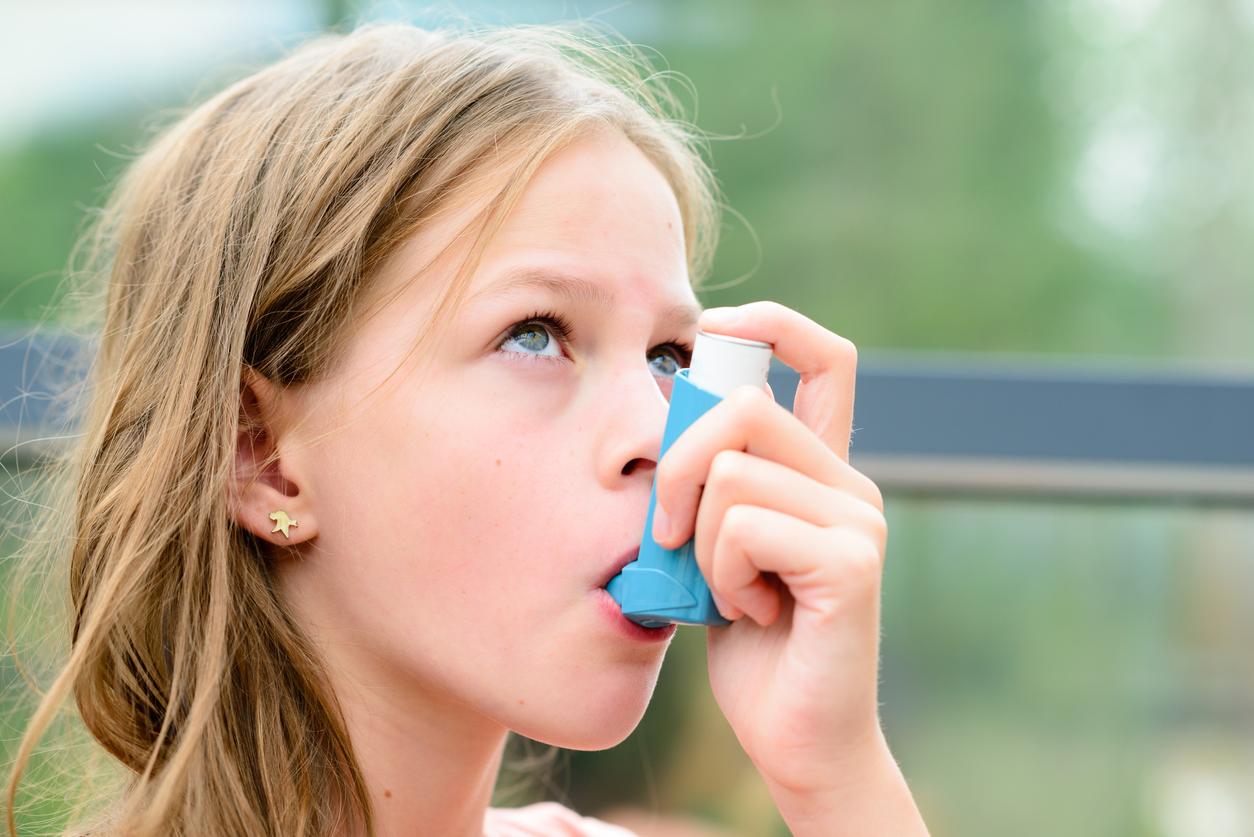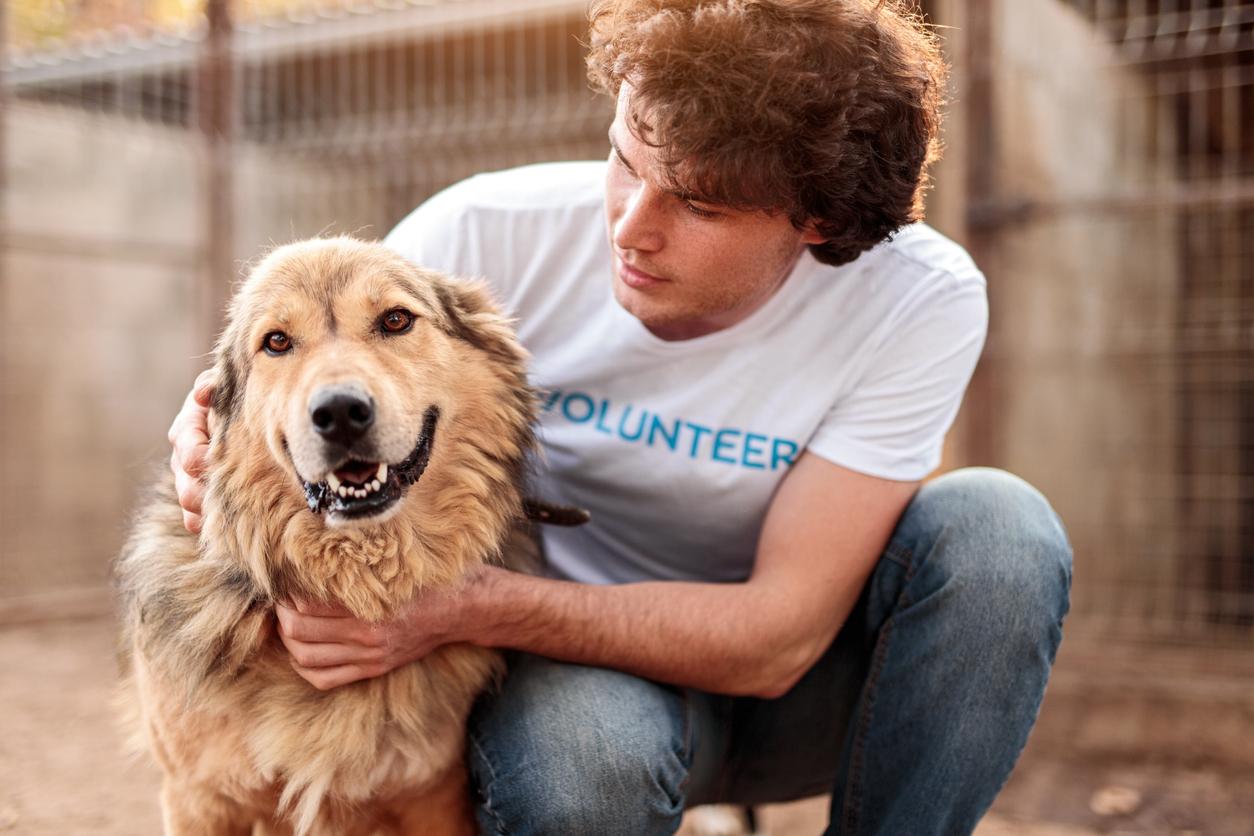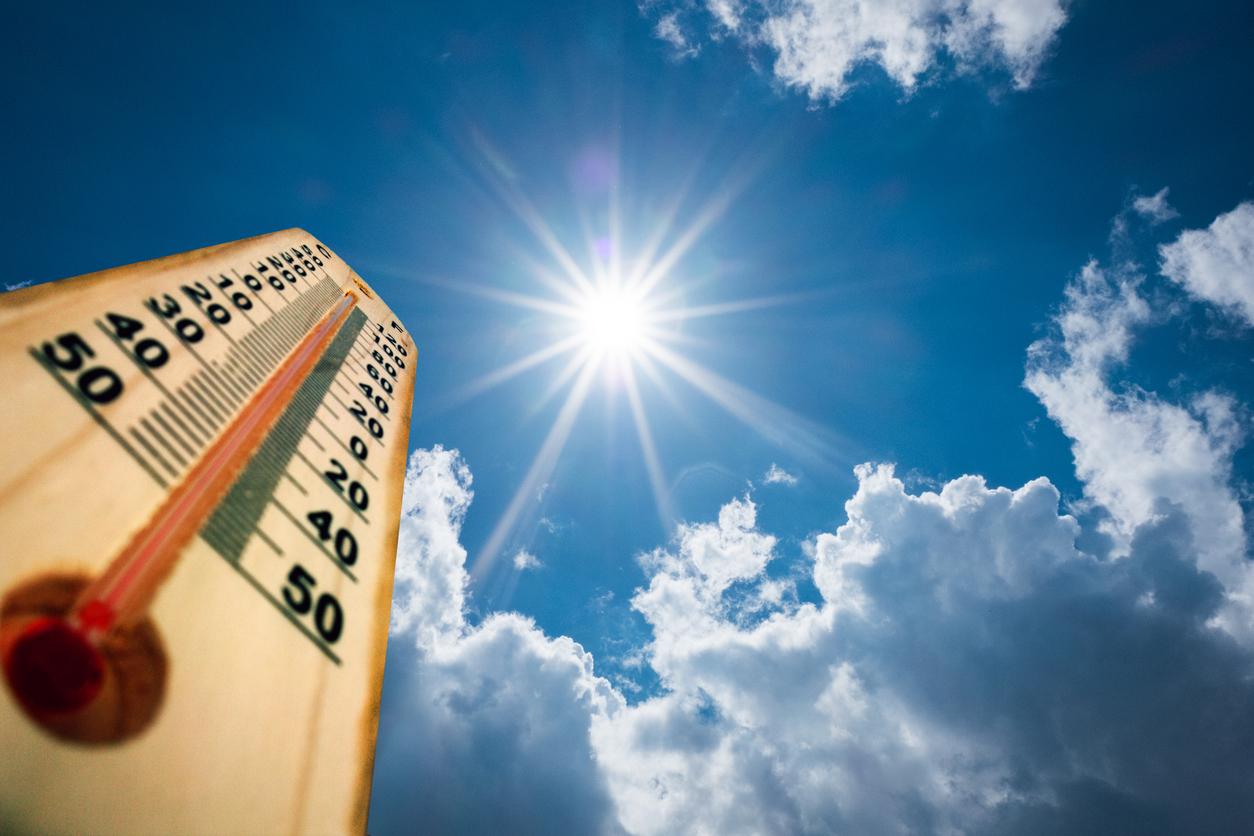A new study shows that extreme heat events are associated with increased hospital visits for children with asthma.

- Extreme heat events have been linked to an increase in children’s hospital visits for asthma.
- The risk of going to hospital is increased 19% for children with asthma during heat waves according to the study.
- For researchers, their findings can be used to inform targeted actions for vulnerable children and alleviate health-related stress during heatwaves.
“We found that daily intense heat events and extreme temperatures that lasted for several days increased the risk of hospital visits for asthma.”explains Morgan Ye of the University of California San Francisco School of Medicine. “Understanding the impacts of climate-sensitive events such as extreme heat on a vulnerable population is key to reducing the disease burden from climate change.”
According to the study published in the journal American Journal of Respiratory and Critical Care Medicine during the ATS 2024 international conference, asthmatic children are particularly impacted by heat peaks.
Heat waves and asthma: increased risk of hospital visits for children
For this study, the researcher and her California team used 2017-2020 electronic health records from UCSF Benioff Children’s Hospital in Oakland, which included data on asthma visits. They compared them to the temperatures and heat waves recorded in the patients’ place of residence at the time of their visit. The scientists limited their analyzes to the region’s hot season (June to September).
Analyzes revealed that daytime heat episodes were significantly associated with a 19% increased risk of hospital visits for children with asthma. In addition, a longer duration of heat waves doubled the risks of consultation. On the other hand, the researchers observed no association with nighttime heat waves.
“We continue to see global temperatures rise due to human-generated climate change, and we can expect an increase in health-related problems as we see longer, more frequent and more frequent heat waves. Our research suggests that higher temperatures and increased duration of these hot days are associated with an increased risk of hospital visits due to asthma in children and families with coping skills. weaker will bear most of the burden”estimates the author in a communicated.

Extreme Heat: Taking Steps to Reduce Asthma Attacks
Researchers have noted that the effects of high temperatures on respiratory health are more pronounced in climate-sensitive populations, including children and those who are medically vulnerable.
They hope that their results will be used to put in place targeted measures and resources for vulnerable children. According to them, their data can also help authorities reduce disparities observed during climatic events or even alleviate health-related stress during heat waves.

















